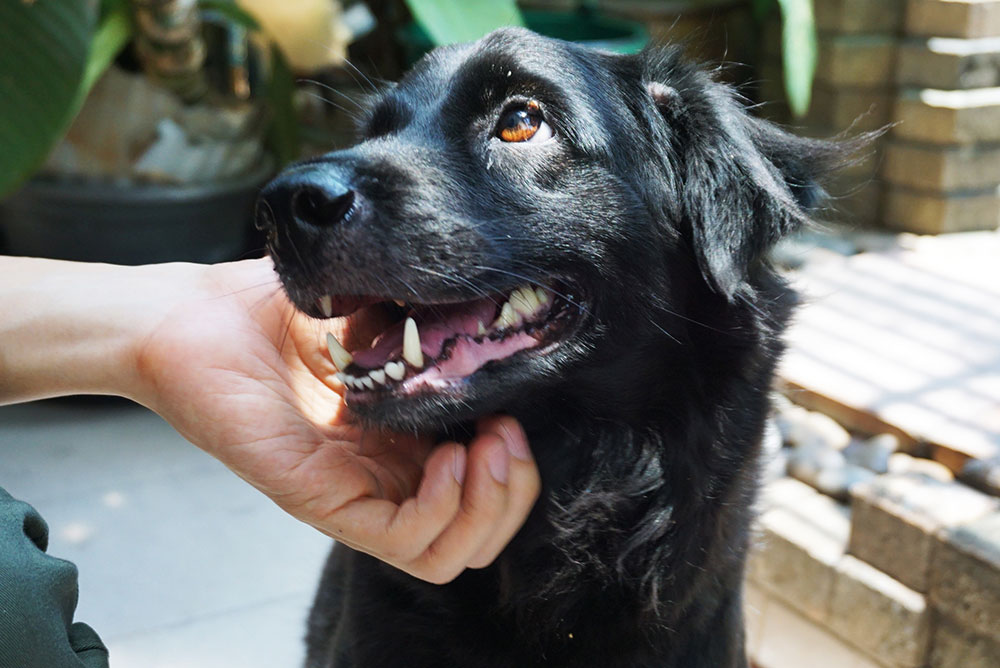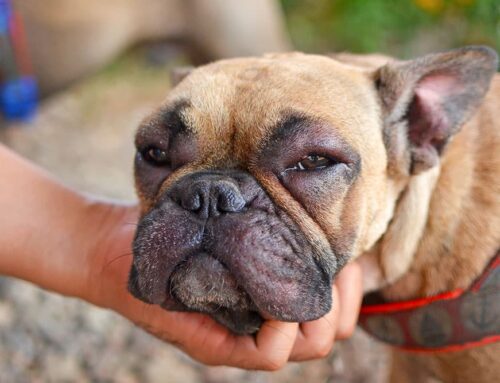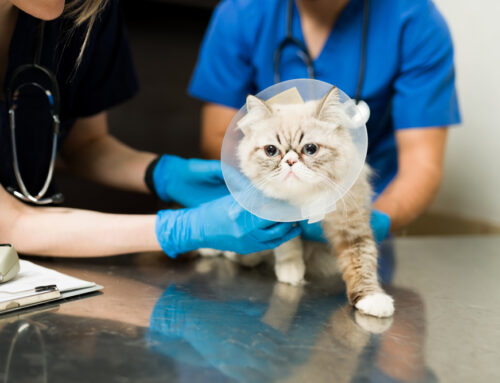Understanding Breed-Related Health Conditions in Pets at Stack Veterinary Hospital
The bond between humans and their pets is profound, and caring for a pet means understanding both their unique personality and health needs. Each breed, whether dog or cat, has its own genetic traits, which can come with specific health predispositions. For pet owners, especially those in Syracuse, New York, awareness of these breed-related health risks is key to ensuring a healthy, happy life for their pets. At Stack Veterinary Hospital, we believe that knowledge about breed-specific conditions helps pet owners provide the best care possible.
Why Breed-Related Health Conditions Occur
Selective breeding has allowed for the development of specific traits—like a bulldog’s charmingly flat face or a dachshund’s long body. However, these characteristics can sometimes make certain breeds more susceptible to particular health issues. When certain physical features are prioritized over generations, they can unintentionally bring about vulnerabilities in other areas, such as breathing, joint health, or heart function.
Responsible pet care involves understanding the genetic predispositions associated with your pet’s breed. By recognizing these risks early on, pet owners can take steps to either prevent or minimize the impact of these conditions through proactive care and routine veterinary visits.
Common Breed-Related Health Conditions in Dogs
Some breeds are genetically predisposed to particular conditions. Here’s a look at some of the more common issues by breed and what pet owners can watch out for:
- Brachycephalic Syndrome: Seen in breeds with short, flat faces like Bulldogs, Pugs, and Shih Tzus, this syndrome causes breathing difficulties due to compressed nasal passages and elongated soft palates. Symptoms may include snoring, labored breathing, and intolerance to heat and exercise. Management includes weight control, lifestyle adjustments, and in some cases, surgical intervention.
- Hip Dysplasia: This joint disorder is common in larger breeds, such as German Shepherds, Labrador Retrievers, and Golden Retrievers. It occurs when the hip joint doesn’t fit correctly, leading to joint instability and arthritis. Prevention includes weight management, supplements like glucosamine and chondroitin, and controlled exercise, while treatment options range from physical therapy to surgery, like femoral head ostectomy (FHO) or total hip replacement.
- Intervertebral Disc Disease (IVDD): Breeds with longer backs, like Dachshunds, Beagles, and Shih Tzus, are susceptible to IVDD, which affects the spine. IVDD can cause severe pain, weakness, or even paralysis if untreated. Treatments vary from crate rest and anti-inflammatory medications to surgery in severe cases.
- Heart Disease: Cavalier King Charles Spaniels, Boxers, and Doberman Pinschers have a genetic predisposition to heart issues, such as mitral valve disease or dilated cardiomyopathy. Regular cardiac screenings, weight management, and exercise control can help manage these risks.
Common Breed-Related Health Conditions in Cats
Certain cat breeds also come with unique health considerations:
Hypertrophic Cardiomyopathy (HCM): This is a common heart condition in Maine Coons and Ragdolls, where the heart muscle thickens and can lead to heart failure. Symptoms include lethargy, labored breathing, and poor circulation. Early diagnosis through regular screenings is vital for managing the condition with medications that support heart function.
Polycystic Kidney Disease (PKD): Found primarily in Persian and Himalayan cats, PKD causes fluid-filled cysts to develop in the kidneys, eventually leading to kidney failure. Regular check-ups and ultrasound screenings are essential for early detection. Although there is no cure, dietary management and supportive care can help maintain kidney function.
Dental Issues: Siamese and Abyssinians are prone to dental diseases, including gingivitis and tooth resorption. Regular dental cleanings and at-home oral care can help manage these conditions and improve overall health.
Understanding these common breed-related conditions enables pet owners to take preventive measures that can significantly enhance their pet’s quality of life. Learn more about our wellness care services and how we support your pet’s specific health needs.
Recognizing the Early Signs of Breed-Related Health Issues
Being observant and recognizing early symptoms is critical for managing breed-related health conditions. Some signs to watch for include:
- Changes in Appetite or Thirst: Excessive thirst or changes in eating habits may indicate kidney, liver, or hormonal issues.
- Unexplained Weight Changes: Sudden weight loss or gain can signal metabolic or heart problems.
- Vomiting or Diarrhea: Digestive issues can be a sign of GI or kidney disease.
- Lethargy or Weakness: A lack of energy may indicate heart issues, arthritis, or other underlying conditions.
- Difficulty Breathing: Breathing issues can be especially concerning in brachycephalic breeds and may indicate brachycephalic syndrome or heart disease.
- Mobility Issues: Difficulty moving, limping, or stiffness often point to joint or spinal problems, common in breeds with hip dysplasia or IVDD.
- Skin Irritations: Bulldogs and other wrinkled breeds can be prone to skin infections and allergies. Monitor for red, inflamed, or itchy areas.
- Behavioral Changes: Anxiety, aggression, or withdrawal can sometimes signal pain or discomfort related to breed-specific health conditions.
If you notice any of these symptoms, scheduling a prompt veterinary visit can make a significant difference. Learn more about our diagnostic services at Stack Veterinary Hospital, which are designed to identify health issues early and support the best outcomes.
Prevention and Treatment Options for Breed-Related Conditions
While genetic predispositions cannot be entirely avoided, there are effective ways to manage and mitigate many breed-related health risks:
Preventative Measures
- Genetic Testing and Responsible Breeding: Responsible breeding practices that incorporate genetic testing can help reduce the risk of hereditary diseases. When choosing a new pet, seek breeders who prioritize health.
- Joint Supplements and Specialized Diets: For pets prone to joint issues, supplements like glucosamine, chondroitin, and fish oil support joint health. Additionally, joint-specific diets can help maintain healthy cartilage.
- Regular Exercise: Low-impact, consistent exercise strengthens muscles and supports joint health, which is particularly beneficial for dogs at risk of hip dysplasia or IVDD.
- Weight Management: Obesity worsens many health conditions, so maintaining an ideal weight is crucial for at-risk breeds.
- Routine Health Screenings: Routine check-ups and diagnostic screenings allow early detection of issues such as hip dysplasia, heart disease, or kidney issues, enabling more effective treatment.
Treatment Options

The best treatment depends on the condition and the pet’s specific needs. Common treatments for breed-related conditions include:
- Medications: Anti-inflammatory drugs, heart medications, or pain relievers can help manage symptoms for many breed-related conditions.
- Physical Therapy: For pets with mobility issues, physical therapy can help improve strength and reduce pain. Techniques include hydrotherapy, stretching, and range-of-motion exercises.
- Surgery: In severe cases, surgical interventions such as femoral head ostectomy (FHO) for hip dysplasia or spinal surgery for IVDD may be necessary.
- Dietary Adjustments: Special diets that support kidney, heart, or joint health can be beneficial, especially for pets prone to these issues.
Stack Veterinary Hospital offers comprehensive treatment options to help manage and treat breed-specific conditions. Learn more about our surgery services to explore the full range of care we provide.
The Importance of Regular Veterinary Care
Regular veterinary care is the cornerstone of managing breed-specific health risks. By staying proactive with routine visits, pet owners can catch early signs of disease and work with their veterinarians to create a care plan tailored to their pet’s unique health needs. Preventive measures and regular diagnostics are essential to maintaining your pet’s health and extending their quality of life. At Stack Veterinary Hospital, we’re here to support every step of your pet’s health journey.
Understanding and managing breed-related health conditions is a critical part of responsible pet ownership. By staying informed about your pet’s genetic predispositions and working closely with your veterinarian, you can provide your pet with the best possible care. At Stack Veterinary Hospital, we’re committed to offering personalized, breed-specific care for every pet, ensuring they live a happy, healthy life.







Leave A Comment